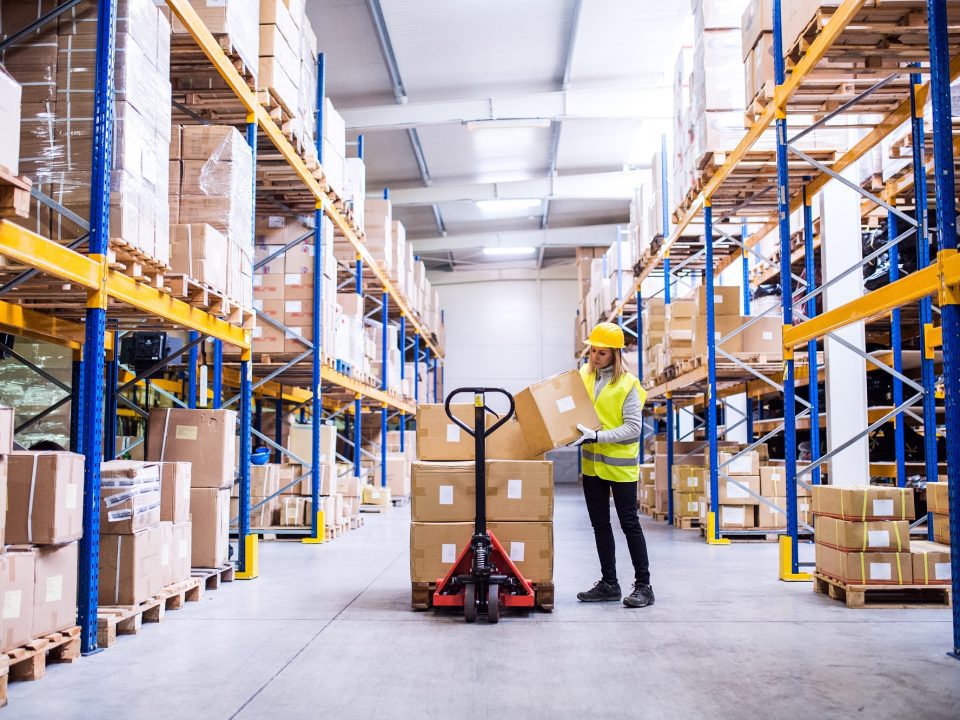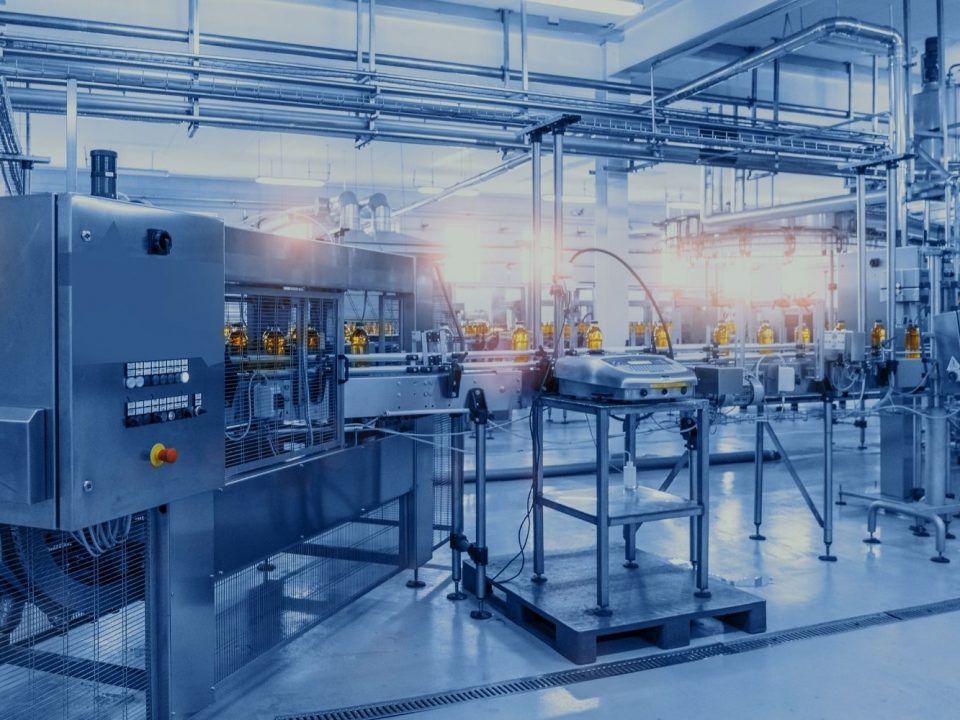
How The CIM Program Benefits Australian Manufacturers
Australia’s manufacturing industry includes a wide range of businesses involved in importing and producing everything from food and coal to machinery and textiles. According to the Australian Bureau of Statistics, our manufacturing contributes $100 million to GDP and is predicted to grow stronger as businesses adjust to living in a post-COVID-19 world. This growth potential is due in part to Australia’s numerous tax concessions that allow manufacturers to reduce costs. In today’s blog, we’re taking a look at the Certain Inputs to Manufacture (CIM) program and how it benefits Australian manufacturers. So keep reading to learn more about the CIM eligibility criteria, the application process and how it can help boost productivity and competitiveness.
What Is The Certain Inputs to Manufacture (CIM) Program?
As I’m sure you already know, all goods imported into Australia are subject to duties and taxes. This raises the price of imported products which is an effective way of limiting the imports of goods and services and protecting domestic producers. But it does mean Australian manufacturers now have to cover these costs unless they fall under an exception or concession. The Certain Inputs to Manufacture (CIM) program is one such exception. Instead of being taxed approximately 5% of the value of the goods they’re importing, the CIM program gives Australian manufacturers duty-free entry and helps them to reduce business costs.
How Does Reducing Costs Benefit Manufacturers And Consumers?
As specialists in accounting for manufacturers, we’ll be the first to tell you reducing business costs is always a good thing. But the benefits to Australian manufacturers are more complex than not having to worry about inflated expenses. Cost reduction means Australian manufacturers may have the profit margins to boost production, reduce product costs and offer employment opportunities.
Cheaper imported goods mean items can be manufactured in larger volumes. For example, saving money on importing the materials needed to manufacture textiles means clothing, upholstery and other related items can be produced in larger volumes. Expanding production creates more job opportunities for Australians looking for work.
Cost reduction also means manufacturers have more profit margins, ensuring they can continue to invest in research and development and staff training. For example, automotive companies doing business in Australia save money on purchasing tooling and factory equipment, which can be reinvested into developing new car models or re-skilling their workforce.
Reducing costs for manufacturers is beneficial for Australian consumers, who can look forward to cheaper products – from lower clothing prices down to more affordable computers and more affordable vehicles.
What Goods Are Eligible Under The Certain Inputs to Manufacture (CIM) Program?
Under the Customs Tariff Act 1995, manufacturers who import chemicals, plastics and paper goods, as well as metal materials and goods used in food packaging, are eligible for the CIM program. Or, more specifically:
- Inorganic chemicals; organic or inorganic compounds of precious metals
- Organic chemicals
- Tanning or dyeing extracts
- Soap, organic surface-active agents, washing preparations, lubricating preparations, artificial waxes, prepared waxes
- Polishing or scouring preparations, candles, modelling pastes, “dental waxes” and dental preparations with a basis of plaster
- Albuminoidal substances, modified starches, glues and enzymes
- Photographic or cinematographic goods
- Plastics and related articles
- Paper and paperboard
- Textile fabrics impregnated, coated, covered or laminated with plastics
- Iron and steel
- Articles of iron or steel
- Copper and articles thereof
- Nickel and articles thereof
- Aluminium and articles thereof
- Lead and articles thereof
- Zinc and articles thereof
- Tin and articles thereof
- Tools, implements, cutlery, spoons and forks of base metal.
However, manufacturers can only apply for the Certain Inputs to Manufacture (CIM) program if they intend to import an eligible good to produce a specific end product for the Australian market. For example, importing copper to be used in the manufacture of electrical equipment such as generators, motors or industrial machinery.
They must also demonstrate that the imported good performs better than a locally-sourced alternative. In order to prove this performance advantage, applicants must provide an independent technical assessment with quantifiable evidence.
How Are Applications For The Certain Inputs to Manufacture (CIM) Program Submitted, Assessed And Approved?
Those who are eligible can submit an application form via the business.gov.au website. Once approved, applicants will be issued a determination to allow the duty-free entry of the goods. This determination is valid for two years, and eligible recipients will need to apply for the CIM Program again at the end of this term.
Conclusion
The CIM Program is a good way to help manufacturers reduce their business costs and keep Australia competitive in manufacturing. As the program helps Australian companies improve their competitiveness, this will encourage investment in the Australian economy.
If you’re looking for more insights and advice on how to thrive in the manufacturing and wholesale industry, talk to a team of technical experts at AFS & Associates today. Give us a call on (03) 5443 0344 or send an email to afs@afsbendigo.com.au.




